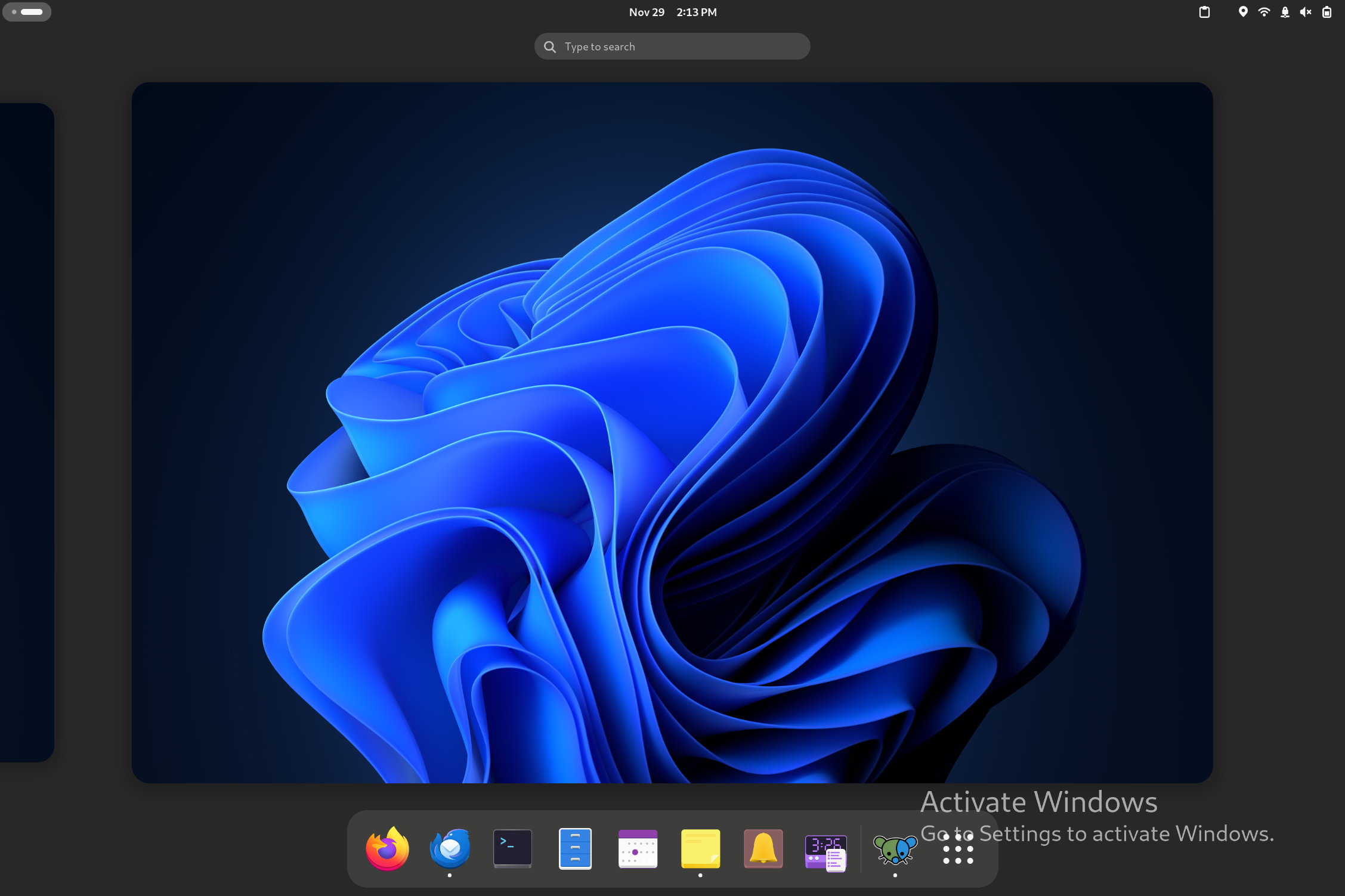this post was submitted on 29 Nov 2023
235 points (95.0% liked)
linuxmemes
21223 readers
114 users here now
Hint: :q!
Sister communities:
- LemmyMemes: Memes
- LemmyShitpost: Anything and everything goes.
- RISA: Star Trek memes and shitposts
Community rules (click to expand)
1. Follow the site-wide rules
- Instance-wide TOS: https://legal.lemmy.world/tos/
- Lemmy code of conduct: https://join-lemmy.org/docs/code_of_conduct.html
2. Be civil
- Understand the difference between a joke and an insult.
- Do not harrass or attack members of the community for any reason.
- Leave remarks of "peasantry" to the PCMR community. If you dislike an OS/service/application, attack the thing you dislike, not the individuals who use it. Some people may not have a choice.
- Bigotry will not be tolerated.
- These rules are somewhat loosened when the subject is a public figure. Still, do not attack their person or incite harrassment.
3. Post Linux-related content
- Including Unix and BSD.
- Non-Linux content is acceptable as long as it makes a reference to Linux. For example, the poorly made mockery of
sudoin Windows. - No porn. Even if you watch it on a Linux machine.
4. No recent reposts
- Everybody uses Arch btw, can't quit Vim, and wants to interject for a moment. You can stop now.
Please report posts and comments that break these rules!
founded 1 year ago
MODERATORS
you are viewing a single comment's thread
view the rest of the comments
view the rest of the comments

It's ludicrous to suggest that Red Hat, who funds more open source work than any other company, is "freeloading" just because you don't like their subscription terms. There are a lot of words to describe how you feel about those terms, but "freeloading" just ain't it.
RHEL clones are not vital to RHEL interoperability or openness. They're not even relevant to these things. They may like to tell people they are, but it's bullshit. RHEL's interoperability comes from Red Hat's upstream first policy. Improvement made by Red Hat get pushed upstream, both to software projects (e.g. linux, gcc, httpd, etc.) and to distro projects (e.g. Fedora and CentOS). RHEL's openness is based on the fact that it is open source. RHEL clones could all disappear tomorrow and it won't affect these aspects of RHEL.
Red Hat's value proposition isn't helpdesk style "support me when something breaks" support like you're suggesting here. It's not something that only exists during incidents. It's an ongoing relationship with the vendor that builds the platform that you're building your business on. It's being able to request and influence priority of features and bug fixes.
Clones going away wouldn't hurt the free on-ramp to RHEL because the free developer subscription exists now. It's a better on-ramp than a clone ever could be because it's actual RHEL, and includes additional products. People like students that don't need the exact product, just something close enough, can still use and learn on CentOS or Fedora. Developers aren't going to de-prioritize RPM any worse than they already do.